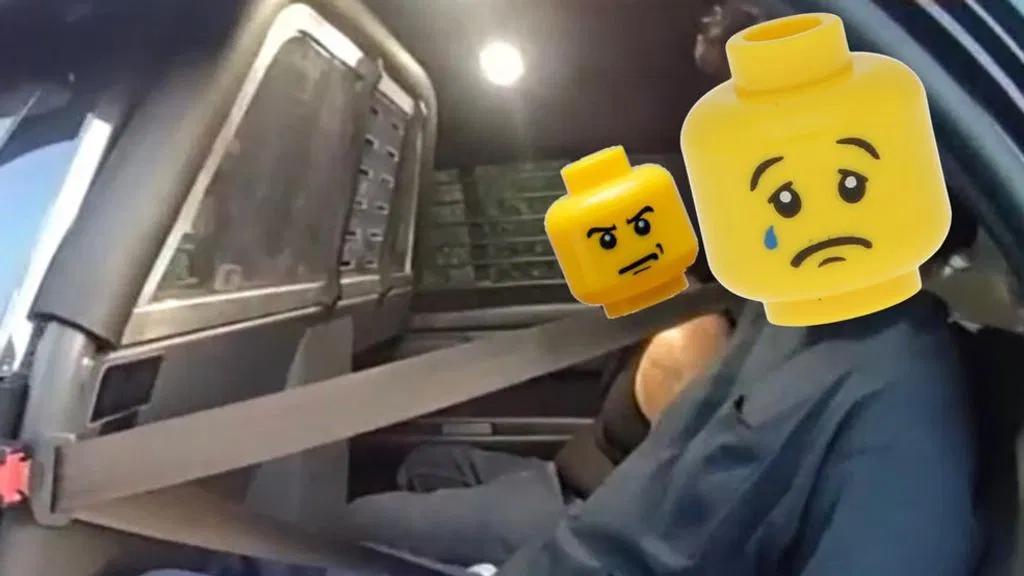The Murrieta Police Department has confirmed it will stop using Lego heads to cover faces of arrestees on social media following a company request to do so.
“Yes, the Lego Group reached out to us on [March 19] and respectfully asked us to refrain from using their intellectual property in our social media content, which, of course, we understand and comply with,” Lt. Jeremy Durrant told The Epoch Times in an email.





